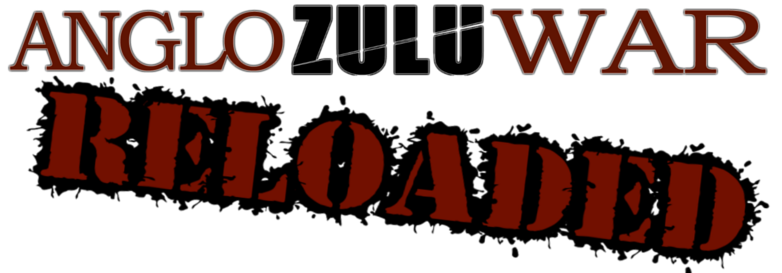

Once he had power, Cetshwayo used harsh methods to prevent rivals from emerging in one incident in 1861, he ordered the killing Mpande's wife Nomantshali and her children. After this victory, Cetshwayo's power only increased, and he became the de facto ruler of the Zulu under his father's auspices. Cetshwayo crushed Mbuyazi's followers, and slew Mbuyazi himself, in the 1856 Battle of Ndondakusuka. Cetshwayo's ascendancy led him into conflict with his younger brother, Mbuyazi, who was Mpande's favorite son tensions mounted between the two and eventually boiled over into outright warfare.

In the early 1850s, Cetshwayo then rose to prominence himself as one of Mpande's most important administrators. He was born in approximately 1826 to Mpande, who at the time was a relatively minor half-brother of Shaka Zulu however, Mpande eventually rose to the kingship in 1840. The British subsequently annexed the rest of Zululand in 1887.Ĭetshwayo kaMpande was the last independent king of the Zulu Kingdom. Zulu factions had broken into civil war in the first years of Dinuzulu's reign, and so he called upon the Boers for help in return for their aid, Dinuzulu gave the Boers about half of Zululand's territory in 1884, including much of its coast. Cetshwayo's successor, Dinuzulu, sought to preserve peace by making significantly more land concessions than his predecessors had. This war, despite early Zulu successes, ended up as a British victory that caused Cetshwayo's ouster. In particular, Mpande's eldest son Cetshwayo fought off his various rivals to become the de facto ruler as early as 1856.ĭespite Cetshwayo's efforts to maintain good relations with both the Boers and British in the region, his unwillingness to bend to British demands eventually led to the Anglo-Zulu War in 1879. Mpande thus became king himself, although he continued to have limited interest in kingship, leading other key figures from the Zulu Kingdom to assume much of the power.

However, Dingane's aggression against the Boers led a Boer force to back Mpande in rebelling against Dingane, and so in 1840 Dingane was overthrown and killed. Dingane also went on a purge of the sons of Senzangakhona, leaving alive only Mpande, who was assumed to be a non-threat due to his relative disinterest in ruling.

After the increasing brutality of Shaka in his later life, he was assassinated by his half-brother Dingane in 1828.


 0 kommentar(er)
0 kommentar(er)
